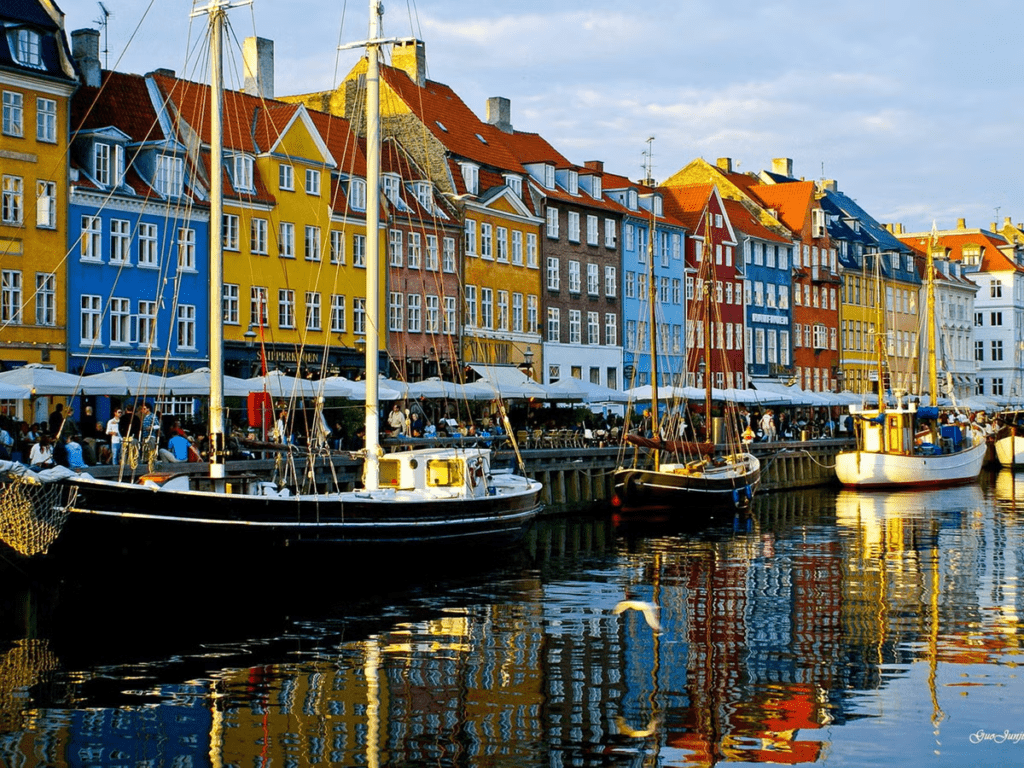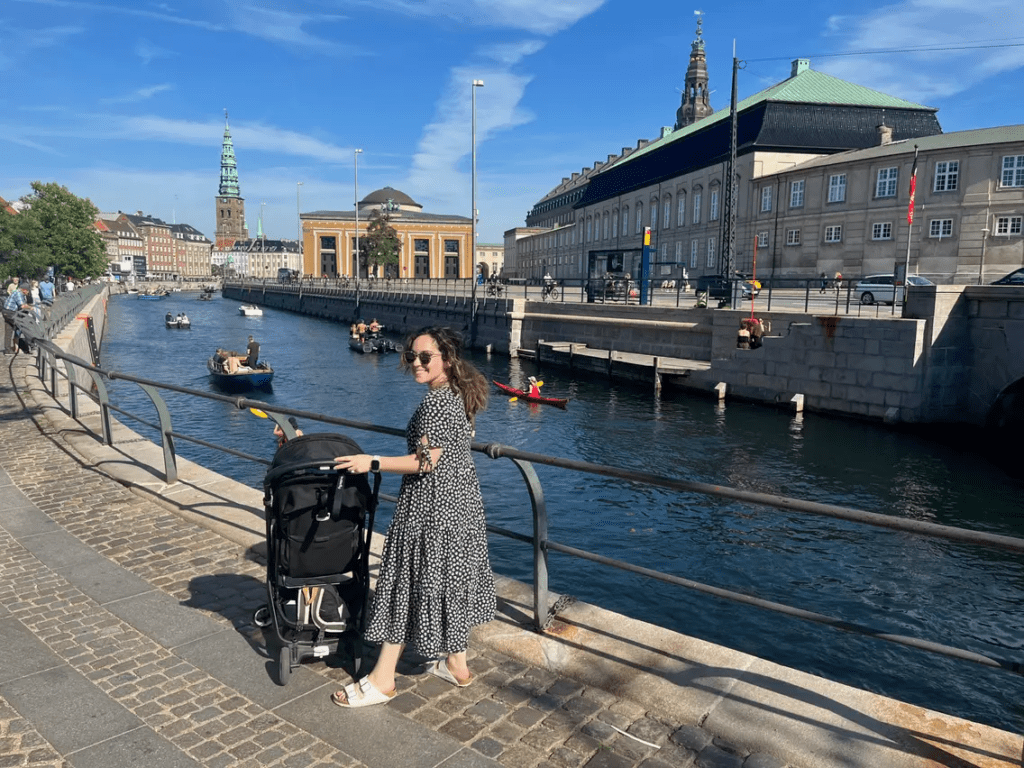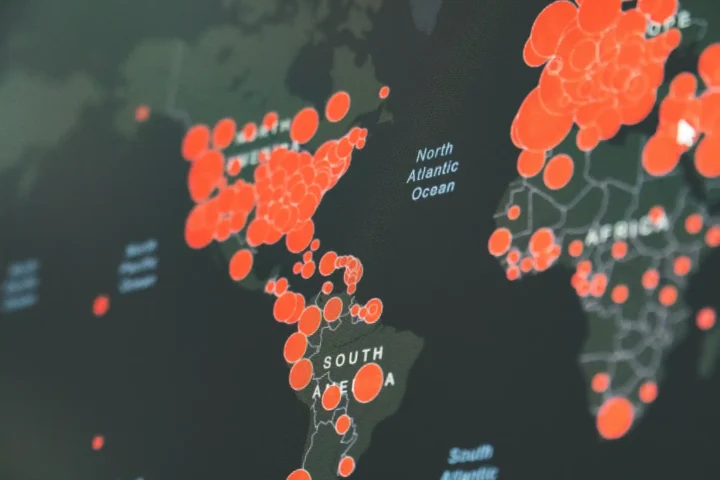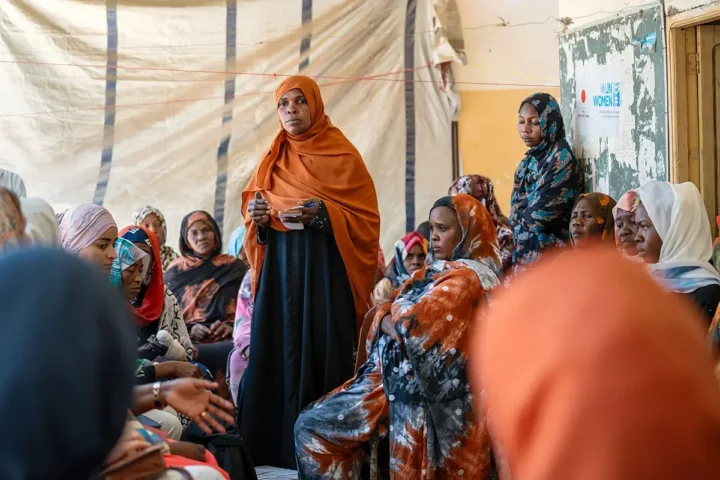Last week, the UN World Happiness Report crowned Finland as the happiest country for the seventh year running, with Denmark again securing the second spot. While some might view this as a perennial runner-up status, such an interpretation misses the essence of the Danish mindset.
Denmark’s ranking, viewed through the lens of Danish culture, isn’t a tale of near-misses but of profound contentment. The Danish way of thinking, highlighted by Jessica Joelle Alexander and Iben Dissing Sandahl in their book, “The Danish Way of Parenting,” emphasizes a unique blend of realism and optimism. Danes are taught to reframe seemingly negative situations into positive ones, a skill that is deeply embedded in their cultural fabric.
For example, rather than lamenting their second-place finish, Danish media highlighted that Denmark ranked first in the happiness of people aged 60 and older. Moreover, the narrowing margin between Denmark and Finland’s overall scores was celebrated as a sign of progress. This ability to find and focus on the silver lining is quintessentially Danish.

The World Happiness Report’s scores, derived from the Gallup World Poll and considering factors like GDP per capita, social support, life expectancy, freedom, generosity, and corruption, are revealing. Denmark’s overall score of 7.586 was only slightly behind Finland’s 7.804. This small difference underscores how closely matched these nations are in providing a high quality of life for their citizens.
But what exactly makes Finland happier than Denmark? Catarina Lachmund from Denmark’s Happiness Research Institute jokingly suggested, “saunas.” Indeed, Finland boasts 3 million saunas for its 5.5 million people, along with 188,000 lakes and vast forests. The Northern Lights and the magical Lapland where Santa Claus resides add to Finland’s charm. However, Lachmund pointed out that the scientific differences in happiness between the two countries are minimal.

Both Denmark and Finland share robust welfare systems that provide security and support, allowing citizens to take risks without fear of destitution. In Denmark, unemployment benefits, universal healthcare, extensive parental leave, free education, and strong social housing programs contribute to a high level of societal trust and wellbeing. This safety net fosters a community where people trust one another and public institutions.
This trust is evident in everyday life. Danish nurseries often leave children napping outside in prams, and school playgrounds are open to the public, reflecting a community grounded in safety and mutual respect. This societal trust is a cornerstone of Danish happiness.
Family bonds also play a crucial role. An 80-year-old Danish relative attributed the high happiness levels among older Danes to strong family ties and a sense of togetherness, encapsulated in the concept of hygge—informal, cozy gatherings with loved ones. Another term, fælles, meaning “shared,” embodies the Danish spirit of community in practices like fællesspisning (community eating) and fællessang (community singing).
Interestingly, Danes do not aspire to be number one. Their national character, steeped in humility and self-deprecation, embraces Jante Law, which values modesty and discourages individuals from thinking too highly of themselves. This cultural trait extends to national achievements; Danes don’t need external validation to know they’re doing well. They prefer to celebrate quietly, without overshadowing their neighbors.
The Danish word “pyt“ (pronounced pid) captures this ethos perfectly. Translated roughly as “never mind” or “stuff happens,” it embodies a mindset of accepting life’s imperfections with grace and a slight smile. It’s akin to the English saying “water off a duck’s back.” This word epitomizes how Danes handle being second with a shrug and a sense of contentment.
Denmark may not always be the happiest country in the world, but its consistent top rankings reflect a society that values welfare, community, and a balanced perspective on life. By embracing their second-place status with optimism and humility, Danes teach us that true happiness isn’t about being number one—it’s about finding joy and meaning in the journey, regardless of the outcome.











